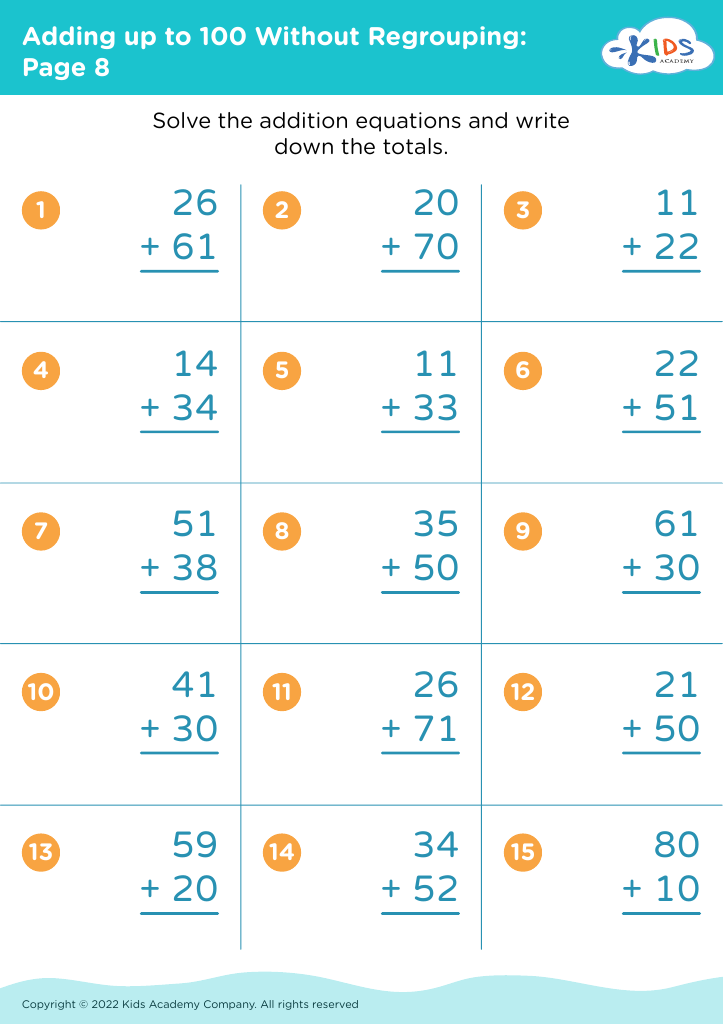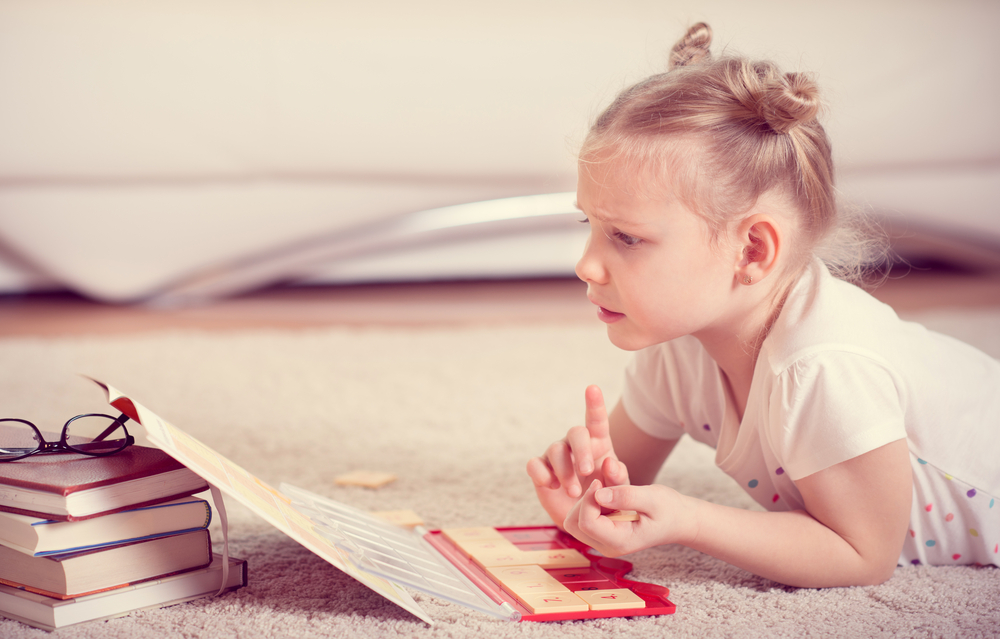Story sequencing Math Worksheets for Ages 5-7
5 filtered results
-
From - To
Discover the perfect blend of math and storytelling with our Story Sequencing Math Worksheets for ages 5-7. These engaging worksheets help young learners understand mathematical concepts while improving their storytelling and sequencing skills. By arranging pictures and numbers in the correct order, children can enhance their logical thinking, problem-solving abilities, and comprehension. Ideal for preschoolers and first graders, our worksheets are designed to make learning fun and interactive. Dive into a world where math meets creativity and watch your child’s confidence soar! Try them today to add a playful twist to your child's educational journey.
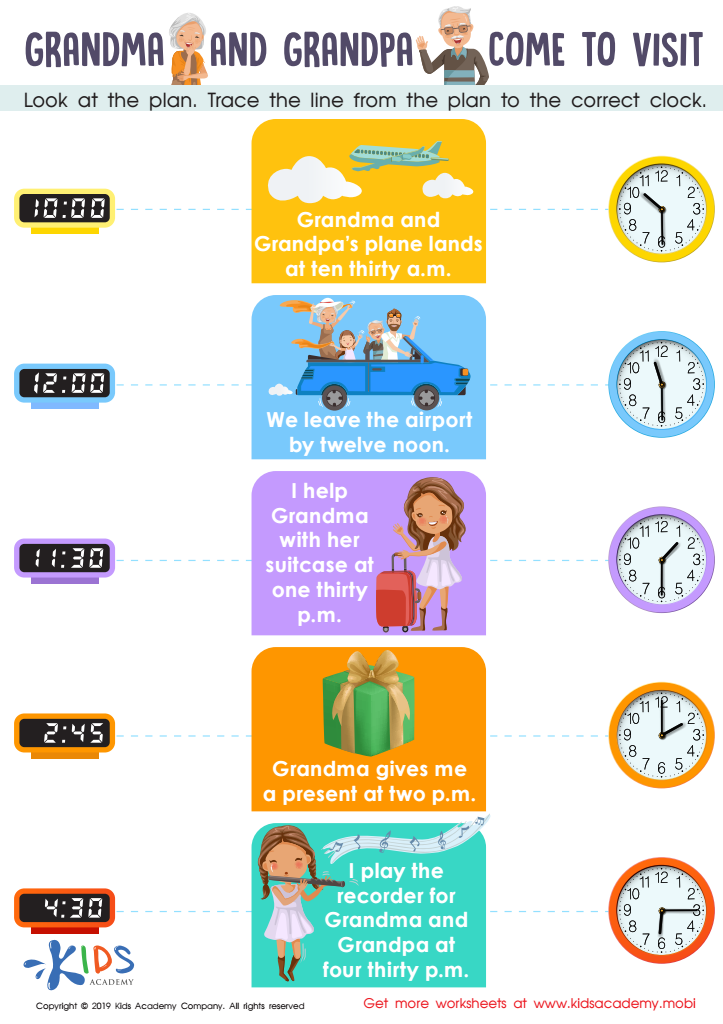

Grandpa and Grandma Come to Visit Worksheet
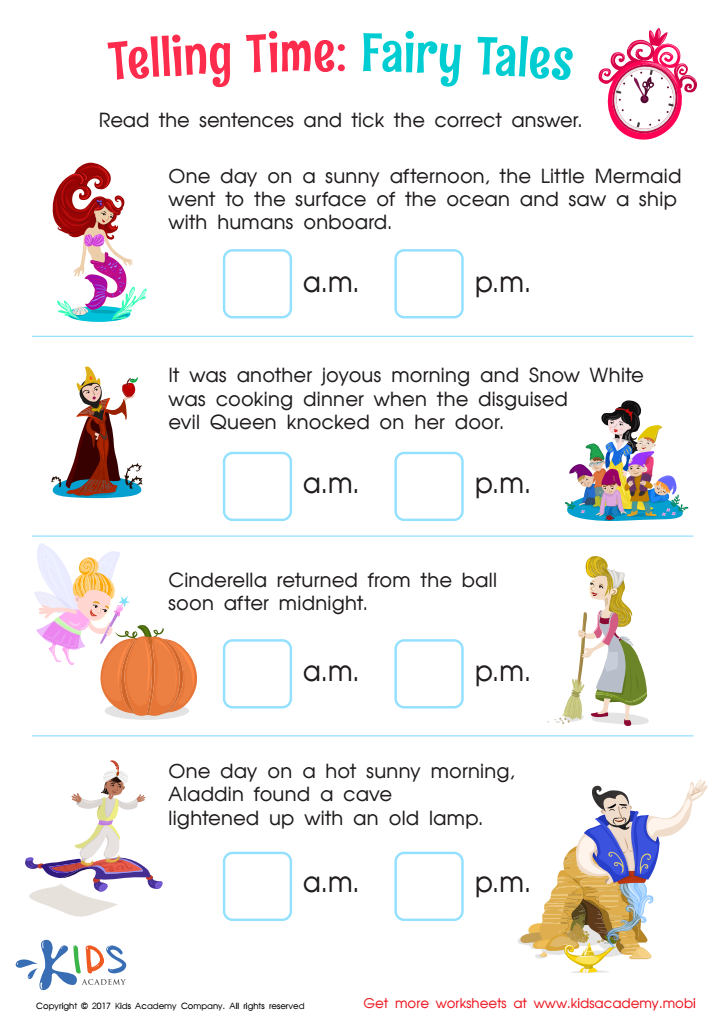

Telling Time: Fairy Tales Worksheet
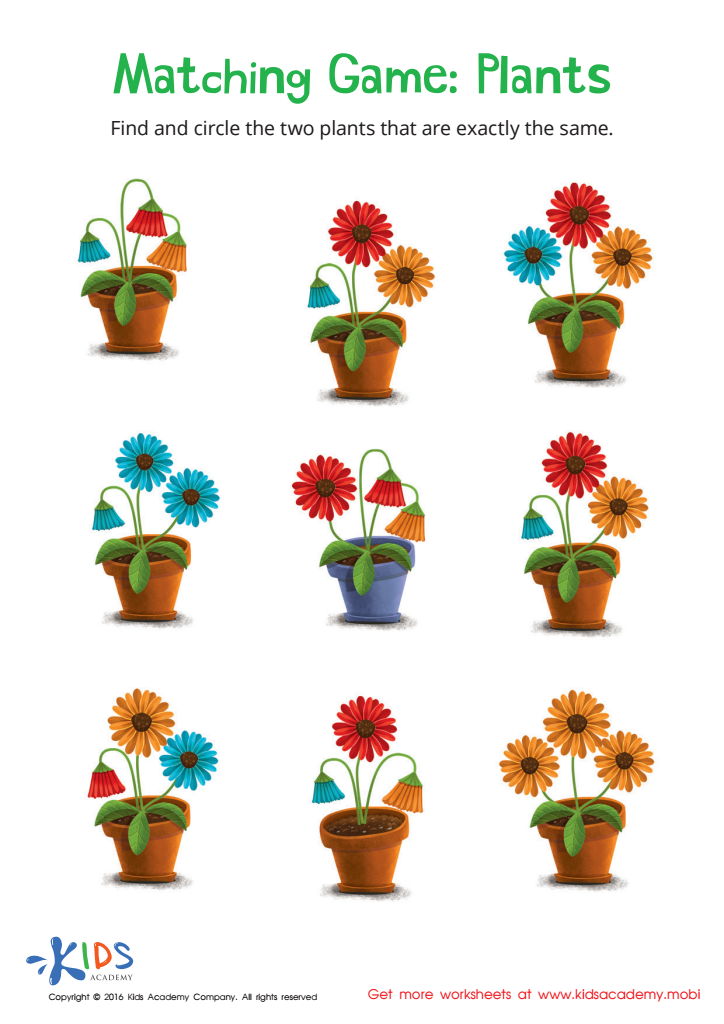

Matching: Plants Worksheet
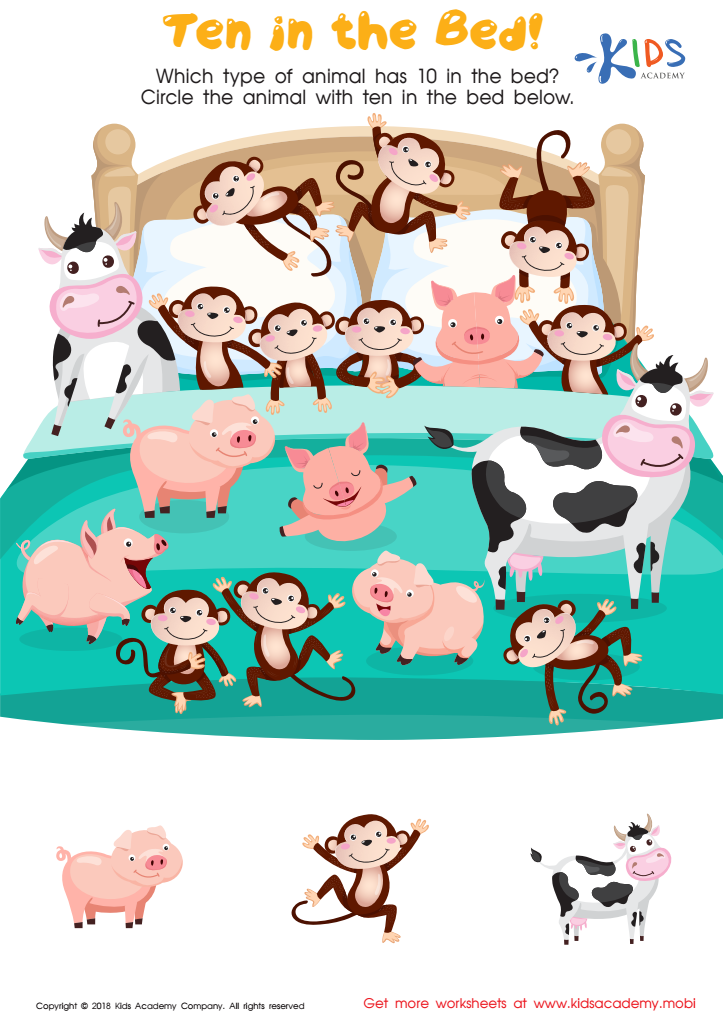

Ten in the Bed Worksheet
Parents and teachers should care about story sequencing in math for children aged 5-7 because it lays a foundational cognitive framework that is essential for both language and mathematical development. Story sequencing exercises help young children understand the concept of order, a core principle that underpins many areas of learning, particularly mathematics. Through sequencing activities, children enhance their ability to recognize patterns, predict outcomes, and understand relationships between events — all skills that are directly translatable to mathematical concepts such as counting, ordering numbers, and simple addition or subtraction.
Additionally, sequencing stories improves reading comprehension and verbal communication skills. When children organize the sequence of events in a story, they practice logical thinking and narrative skills, which are crucial for solving word problems later on. These exercises also boost memory retention and improve attention to detail, factors that contribute positively to various learning domains.
Moreover, activities involving sequencing are often enjoyable and engaging for children. They evoke curiosity and a sense of accomplishment when children correctly sequence a story, fostering a positive attitude towards learning in general. Engaging children at an early age with such foundational skills builds beyond a readiness for school, contributing to their overall cognitive development and paving the way for academic success in a variety of subjects.
 Assign to My Students
Assign to My Students
